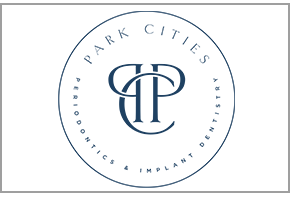A broken tooth is bad enough, and sometimes it may be so damaged that there is only a small amount of tooth material remaining beyond the gum line. This may present a challenge to restorative treatments, and patients may be concerned that their only option is having the tooth removed.
That is not necessarily the case. If you have a broken tooth, a specific kind of dental surgery can help to restore your smile without requiring an extraction. Although it may be difficult to use a standard restoration, such as a crown, on a tooth fragment left behind after injury or extensive decay, crown lengthening provides access to enough biological tooth material to place the crown.
This dental surgery is known as a crown lengthening. The periodontist who performs the procedure will raise the gum line to expose additional tooth material to create room for the crown. Elsewise, the crown would be crowded against the gum line, potentially harming the gum tissue. Crown lengthening may also involve re-contouring of the underlying jawbone in addition to the adjustment to gum tissue.
Crown lengthening can be performed by a periodontist in an outpatient setting.
Crown lengthening can be performed by a periodontist in an outpatient setting. In fact, the procedure will take just a few hours, and patients can return to work and eat a light meal of soft foods later in the day of the surgery.
In addition to facilitating a restoration of a fractured tooth, crown lengthening may also be used to enhance the smile’s appearance when patients have unusually small teeth by nature or if excess gum tissue conceals part of the teeth (also known as a “gummy smile”). As such, crown lengthening may be part of an overarching smile makeover.
Most patients want to restore a broken tooth as quickly as possible, for aesthetic and functional reasons. A crown lengthening procedure can be an essential component of a treatment plan for these cases, and it may allow the patient to preserve biological tooth material.
To find out if this treatment would be beneficial in your case, call Dr. Beth Tomlin, serving Dallas and surrounding communities. Call 214-949-1836 to schedule a consultation today.
